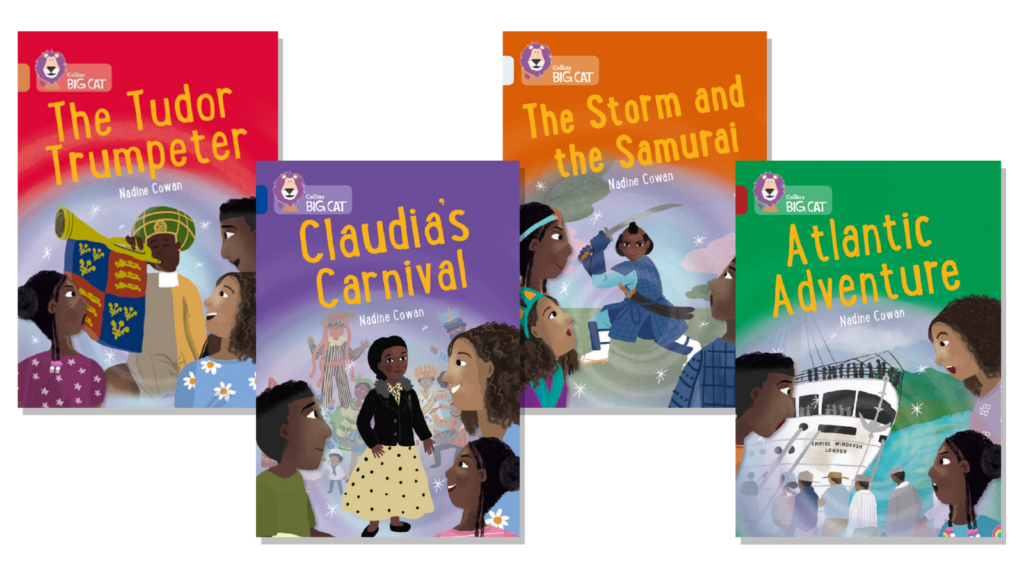People in the UK have mixed views on the benefits that we gain from membership of the EU and in 2013, a referendum is possible that will ask people to decide whether the UK should withdraw from Europe. In these activities, children learn what a referendum is and carry out their own, including practising interview skills. There are many areas where close links with Europe are beneficial and by forging their own links with a school in the EU, the children will be able to gain an understanding of the importance of international friendships.
Activity One – What do our Family and Friends Think of Europe?
Year 2 to Year 6
This activity enables children to work on their questioning skills, constructing appropriate questions and asking them effectively, making notes on the answers given.
LO: Be able to identify between different kinds of questions, using each appropriately.
Be able to take effective notes in interview situations and use their notes later to be able to compile a report.
Ask the class to remind you about the previous lesson where they talked about people’s views on Britain’s role in Europe. How do we know that what is reported in the media is right? Explain to them what a referendum is and how it is carried out.
Tell the children that they are going to compile their own referendum, asking as many people as they can for their views on Britain’s role in Europe and write their own report based on their findings.
They’ll need to understand the main types of question; open and closed.
Talking Point: What answers are we looking for? What kind of questions do we need to ask to get those answers?
Some children may suggest that closed questions provide enough information for them to be able to make a decision based on the answers they collect. Others may decide that they want to collect more information through open questions so they get a better picture of people’s views.
Ask the class to work in pairs or small groups to write questions that will obtain the information they need. After an appropriate length of time, bring the groups together and discuss the questions they’ve written. Which are clearest? Which will get the information that the children want?
From the discussion, use up to five of the best ones for a questionnaire for the children to use.
Talking Point: Ask the children what the outcome is likely to be if each group used their own questions for a whole class survey.
At Home: Use the questions they have written to ask the opinions of their family members and older friends. Collect the answers to use in school.
Back in school, compile all the answers using the closed questions to come to an overall decision for or against and using information from the open questions to write a short report giving reasons backing up the decision.
Activity Two – Does Europe Think the Same?
Year 3 to Year 6
This activity uses some of the online schools collaboration projects such as www.epals.com to help children understand the issue from another perspective.
LO: Compare and contrast information we have collected with that collected by someone with a different perspective
Use two contrasting sets of information to arrive at a consensus of opinion
Arrange via an online schools collaboration scheme to link up with a school in Europe. Prepare the partner school’s teacher with information from your project and, if they don’t have the curriculum time to carry out a similar project to yours, ask if they would be prepared to get their class to answer questions based on those of your class but from their perspective.
Talking Point: How did the answers from the European school compare to ours? Whilst many in this country don’t want to be in Europe, does Europe want the UK?
The answers you’ll get will vary from country to country and if you have the time you could join with schools in several EU countries to see a range of opinions.
At Home: Find examples from the media where Britain’s role in Europe is questioned by the other EU members. The issue crops up regularly so, given a week to do the homework should easily result in some information.


